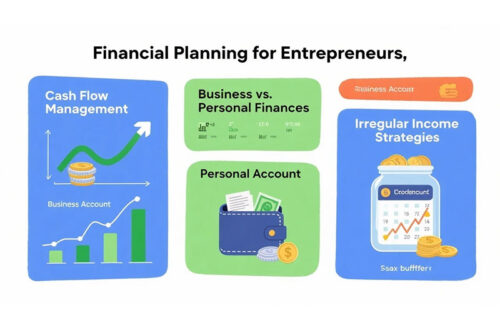Strategic tax planning is a crucial aspect of effective financial management for both individuals and businesses. By proactively identifying and leveraging available deductions and credits, you can minimize your tax liability and maximize your financial growth. This article explores key strategies and considerations for optimizing your tax planning approach.
Understanding the Tax Code
The first step in strategic tax planning is developing a solid understanding of the tax code and its implications for your financial situation. Familiarize yourself with the various tax brackets, deductions, credits, and exemptions that apply to your circumstances. It is important to stay informed about any changes or updates to the tax code that may impact your planning strategies.
Maximizing Deductions
Deductions are expenses that can be subtracted from your taxable income, effectively reducing your overall tax liability. Some common deductions include charitable contributions, mortgage interest, state and local taxes, medical expenses (above a certain threshold), business expenses, and retirement account contributions.
To maximize your deductions, it is critical to maintain accurate records of all eligible expenses throughout the year. Consider working with a tax professional who can ensure you are claiming all deductions for which you qualify.
Leveraging Tax Credits
Tax credits are even more valuable than deductions because they directly reduce your tax bill dollar-for-dollar. Some common tax credits include the Earned Income Tax Credit (for low to moderate-income workers), the Child Tax Credit, education credits (American Opportunity Credit and Lifetime Learning Credit), the Residential Energy Efficient Property Credit, and the Retirement Savings Contributions Credit.
Research the specific requirements and eligibility criteria for each credit to determine which ones apply to your situation. Look for opportunities to adjust your financial strategies, such as investing in education or energy-efficient home improvements, in order to take advantage of these valuable credits.
Timing Income and Expenses
Strategic timing of income and expenses can be an effective way to manage your tax liability from year to year. For example, if you expect to be in a lower tax bracket next year, consider deferring income such as bonuses into the following year. Conversely, if you anticipate being in a higher tax bracket next year, look for opportunities to accelerate deductible expenses into the current year.
This approach requires careful planning and projections to ensure you are making informed decisions based on your specific financial trajectory. Work with your tax advisor to analyze different scenarios and optimize the timing of your income and deductions.
Retirement Planning
Contributions to tax-advantaged retirement accounts, such as Traditional IRAs and 401(k)s, can significantly reduce your taxable income in the current year. By maximizing your contributions to these accounts, you are not only saving for your future financial security but also lowering your current tax bill. Review your retirement plan options and contribution limits annually to ensure you are taking full advantage of these valuable tax benefits.
Seeking Professional Guidance
Given the complexity of the tax code and the unique nature of each individual’s financial situation, it is often beneficial to seek the guidance of a qualified tax professional. A knowledgeable tax advisor can help you navigate the intricacies of tax planning, identify opportunities for optimization that you may have overlooked, and ensure compliance with all relevant regulations. Building a relationship with a trusted tax professional is a wise investment in your long-term financial well-being.
Strategic tax planning is an ongoing process that requires proactive attention and adaptability to changing circumstances. By staying informed about available deductions and credits, timing your income and expenses strategically, maximizing retirement account contributions, and seeking professional guidance when needed, you can effectively minimize your tax liability and keep more of your hard-earned money working towards your financial goals. Remember, every dollar saved in taxes is a dollar that can be invested in your future prosperity. Make tax planning a priority in your overall financial strategy, and reap the benefits for years to come.



